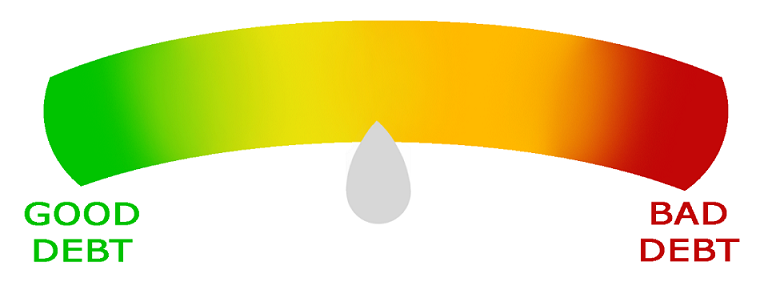Credit and Debt Woes – A Look at Your Options
When you are having trouble managing your credit because the monthly payments have gotten too high, you still have options. Among these options are debt consolidation, debt management, or bankruptcy. We all know that bankruptcy destroys your credit score and should be considered a means of last resort for anyone in tough financial straits.
Debt management is the process of working through a debt relief firm or credit counselor to lower your monthly payments. The way this is done is that the credit counselor acts as a negotiator on your behalf. He or she will contact your creditors in an effort to lower your monthly payments. Your negotiator can achieve this through two tactics. First, they can get your creditors to drop all fees, penalties, and interest on your account. This should greatly reduce your current payments. Next, they will seek out creditors who will be willing to offer debt forgiveness. Under debt forgiveness, your creditor will erase part of what you owe in return for payment of the rest of your balance.
Particularly because of debt forgiveness, debt management has a negative impact on your credit. Your account will be tagged with a note that you are under debt management, and your creditors will want you to agree not to seek any new credit until the current situation is resolved. Resolution of debt through debt management typically takes about five years.
Debt consolidation, unlike debt management and bankruptcy, can correct your problems with barely a mark on your credit score. Under debt consolidation, you will combine your monthly credit debts under one lender, with a simple, single payment. First of all, this makes payment easier because you are only sending your money to one place. Putting your debt into consolidation will lower your interest rates and extend your term in order to greatly reduce your monthly payments.
Since debt consolidation, in itself, is simply the granting of another loan, it has no individual effect upon your credit score. However, since a very small part of your credit score is based upon the history or length of your accounts, debt consolidation can reduce your score slightly. This is because you will be closing accounts that you consolidate. Your consolidation loan will pay off all of your credit debts in order to package them under a single loan. Since you will be closing these accounts, your history with them will end.
You will, however, be beginning a new history with your new lender. Paying this account on time over an extended period will improve your credit, and most likely restore the couple of points that the consolidation cost you.


